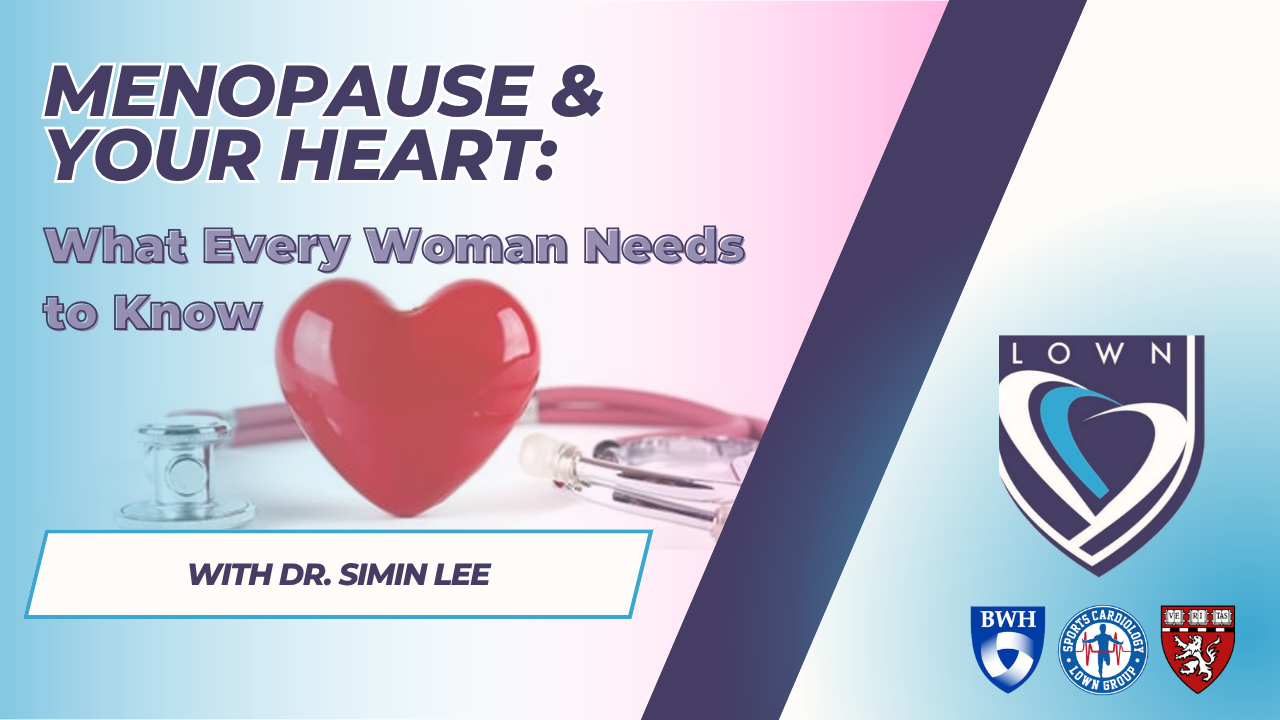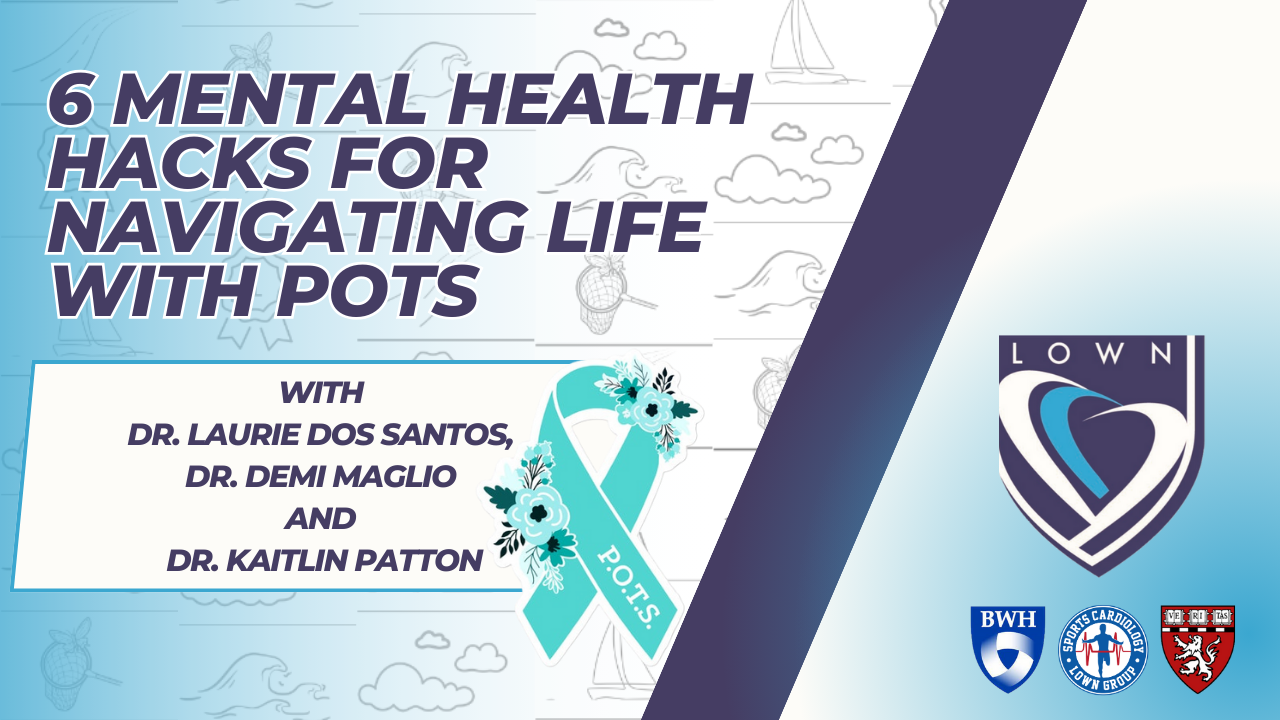Try a New Approach to Food in the New Year: Stop Dieting and Focus on Mindful Eating

The dieting-overeating-weight regain cycle is almost inevitable, not because people fail diets but because diets fail people. It is important to understand that rebound overeating happens to almost everybody, and should not be viewed as an individual weakness or fault. The main reason diets do not work over the long term is they create deprivation and promote a loss of the internal signals for hunger and fullness that are necessary for normal eating. In fact, dieting sets in motion physiological and psychological factors that actually trigger overeating.
How does mindful eating address the dieter’s dilemma?
Mindful eating begins when you ask: Do you know when you are hungry? Do you eat when you are hungry? Do you eat what you are hungry for? Do you stop when you are full? If you answered “yes,” you’re in tune with your body’s natural hunger signals. If you replied “no,” you may be out of touch with your true hunger needs.
How do you teach people to change their eating habits of a lifetime and adopt mindful eating?
It begins with learning how to identify your physical hunger. If you experience symptoms such as headaches, weakness, shakiness, irritability and lightheadedness, you may have waited too long to eat, and unfortunately, are now at high risk for overeating. Instead, look for an empty or gnawing feeling. The Hunger Scale above is a tool to help you evaluate your internal state. Ideally, you would stay in the range of ‘hungry’ to ‘full’ so you don’t become ravenous or stuffed. As you consistently ask yourself, “Am I hungry?” you will become better able to recognize your body’s needs.
The next step is deciding what to eat when you are physically hungry. When people eliminate categories of food in pursuit of weight loss, they frequently experience deprivation that ultimately leads to overeating the very foods they tried to avoid. Instead, think of what will truly satisfy you and supports your body as you make the match. Also take into consideration what will best support your body’s needs. For instance, those with high cholesterol might choose sorbet instead of ice cream if they are craving a cold, sweet snack. Consider not just taste, but feel – do you crave hot, cold, crunchy, smooth, salty, sweet, spicy, etc? If you eat what you are hungry for when you are hungry, you will find a moment when your stomach feels satisfied.
Is this process effective for most people?
Absolutely. The key is to be consistent and keep accumulating attuned eating experiences day in and day out.
Will I lose weight by becoming a mindful eater?
If weight loss occurs, it will be a side effect. However, I urge people to not use weight as a measure of success or failure. Health is so much more than just numbers on the scale, and a positive relationship with food along with a focus on physical activity, good sleep habits and regular medical care are much more important.
Did You Know?
33 – 66 Percentage of dieters that regain more weight than they lost on their diets
What is ‘mindful’ or ‘attuned’ eating?
Attuned eating teaches people to reconnect with their natural, inner signals that guide them as to when, what and how much to eat…literally bringing harmony into their relationship with food and allowing them to experience the real joy of eating. Mindfulness means bringing awareness to the experience without judgment or distraction. It is a transformative process that takes some time before people are able to honor their natural cues for hunger and satiety.
The post Try a New Approach to Food in the New Year: Stop Dieting and Focus on Mindful Eating appeared first on Specialdocs Consultants.
Recent Blog Posts






